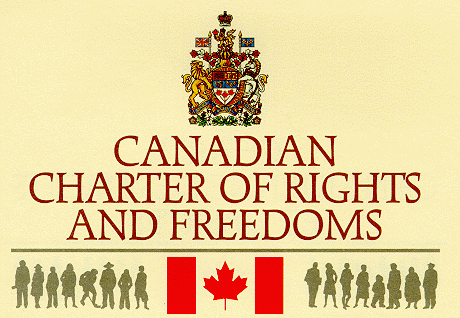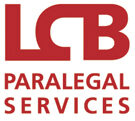 The Canadian Charter of Rights and Freedoms is often described as the “supreme law” in Canada because it is used in the courts to challenge or strike down unconstitutional laws or government practices. The Charter guarantees equal rights and treatment based on a number of grounds including, race, origin, colour religion, sex, age or disability. |
The Ontario Human Rights Code governs the conduct of both the private and public sectors including the conduct between individuals within certain social areas. These areas include:
- Employment
- Services, goods and facilities
- Accommodating (housing)
- Contracts
- Membership in vocational associations, including trade unions
The prohibited grounds of discrimination apply to the areas of:
- Race
- Ancestry
- Place of origin
- Colour
- Ethnic origin
- Citizenship
- Creed (religion)
- Sex, including gender identity and pregnancy
- Sexual orientation
- Marital status
- Family status
- Age
- Record of Offences
- Disability (mental, physical and perceived)
Employment and Human Rights
Section 5 of the Code states:
Employment
(1) Every person has a right to equal treatment with respect to employment without discrimination because of race, ancestry, place of origin, colour, ethnic origin, citizenship, creed, sex, sexual orientation, gender identity, gender expression, age, record of offences, marital status, family status or disability.
Harassment in Employment
(2) Every person who is an employee has a right to freedom from harassment in the workplace by the employer or agent of the employer or by another employee because of race, ancestry, place of origin, colour, ethnic origin, citizenship, creed, sexual orientation, gender identity, gender expression, age, record of offences, marital status, family status or disability.
If you feel you have been harassed or discriminated against, don’t hesitate to call us for a free consultation.
(416) 479-0912
Mon to Fri – 9:00am to 6:00pm
Sat & Sun – 10:00am to 3:00pm
